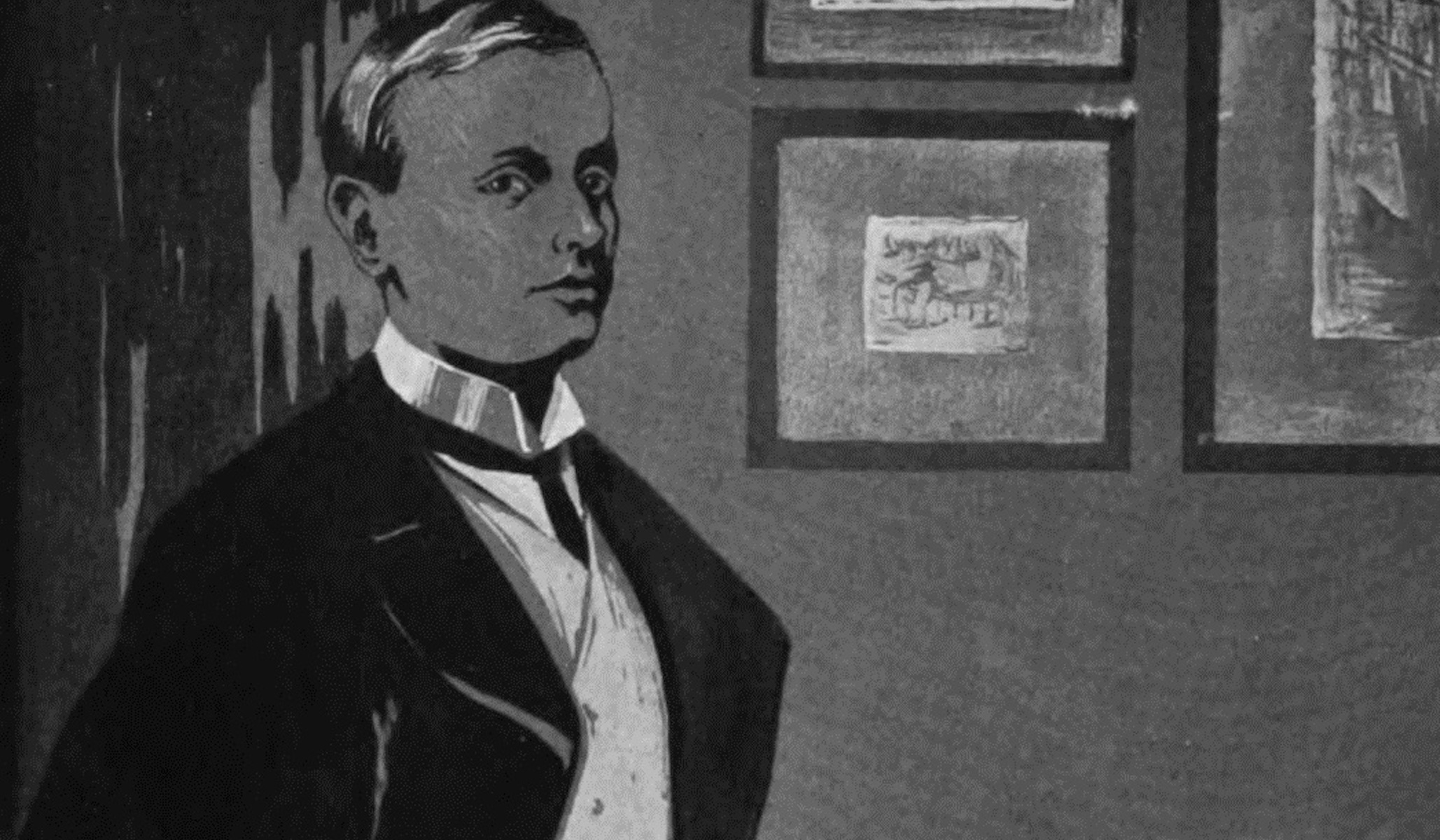


Welcome to the weekend! May your coffee be warm and the sweet rolls just right.
It’s a heavy gray day here, with lumpen wet snow hanging on the branches and clinging to the walkways (fouling up snowblowers with ease). I’m off to look at a Volvo 850 Turbo, so let us be about this.
Written by W. W. Jacobs (William Wymark) and published by Harper’s Monthly in 1902, the “Monkey’s Paw” is a lesson in the unintended consequences of greed — and how to accept them once they’ve arrived at your doorstep.
Jacobs writes:
Outside, the night was cold and wet, but in the small living room the curtains were closed and the fire burned brightly. Father and son were playing chess; the father, whose ideas about the game involved some very unusual moves, putting his king into such sharp and unnecessary danger that it even brought comment from the white-haired old lady knitting quietly by the fire.
“Listen to the wind,” said Mr. White who, having seen a mistake that could cost him the game after it was too late, was trying to stop his son from seeing it.
“I’m listening,” said the son, seriously studying the board as he stretched out his hand. “Check.”
“I should hardly think that he’ll come tonight,” said his father, with his hand held in the air over the board.
“Mate,” replied the son.
“That’s the worst of living so far out,” cried Mr. White with sudden and unexpected violence; “Of all the awful out of the way places to live in, this is the worst. Can’t walk on the footpath without getting stuck in the mud, and the road’s a river. I don’t know what the people are thinking about. I suppose they think it doesn’t matter because only two houses in the road have people in them.”
“Never mind, dear,” said his wife calmly; “perhaps you’ll win the next one.”
Mr. White looked up sharply, just in time to see a knowing look between mother and son. The words died away on his lips, and he hid a guilty smile in his thin grey beard.
“There he is,” said Herbert White as the gate banged shut loudly and heavy footsteps came toward the door.
You can read the rest here. (Spoilers below.)
What I like about “Monkey’s Paw” is the protagonist — the old man — deciding against digging any deeper. In many of these stories, the Faustian sort of “devil’s deal,” the protagonist dies — consumed by Satan to repay an impossible debt. “Paw” is more realistic, where two mortal factions are debating how far to go in the face of their destruction.
The paw’s lesson finds an easy parallel in almost any corner of politics, though the federal debt talks and fixing entitlements always spring first to mind. Like the old man and woman fighting over the paw, we’re in deep, we spent more than we thought we would, and there will soon be a knock on the door. What now?
Unintended consequences are the price of decisions, and it’s up to authorities to act — no doubt. But it’s accepting the results and then managing them that separates the competent from the excuse-makers.
As a tentative second thought, “Monkey’s Paw” is a continuation of the Jinn stories and Arabian Nights, so there’s an element of forbidden oriental mystery involved — perhaps a reproach of good Christian Englishmen attempting to fulfill their desires through alternative means — far be it from politicians and voters to wish things into being that have no business existing.
It’s a simple story and all the more persuasive for it.
Apropos of nothing, here’s Merle Haggard singing “Mama Tried” to his mother:
Author’s note: If there’s a short story you’d like to see discussed in the coming weeks, please send your suggestion to label@nationalreview.com.
